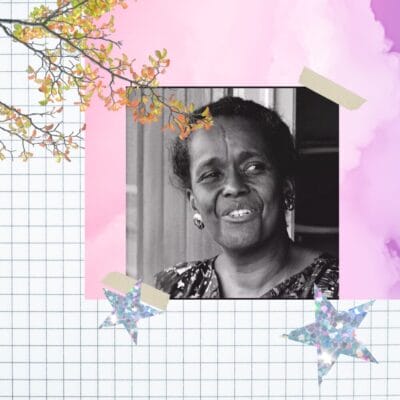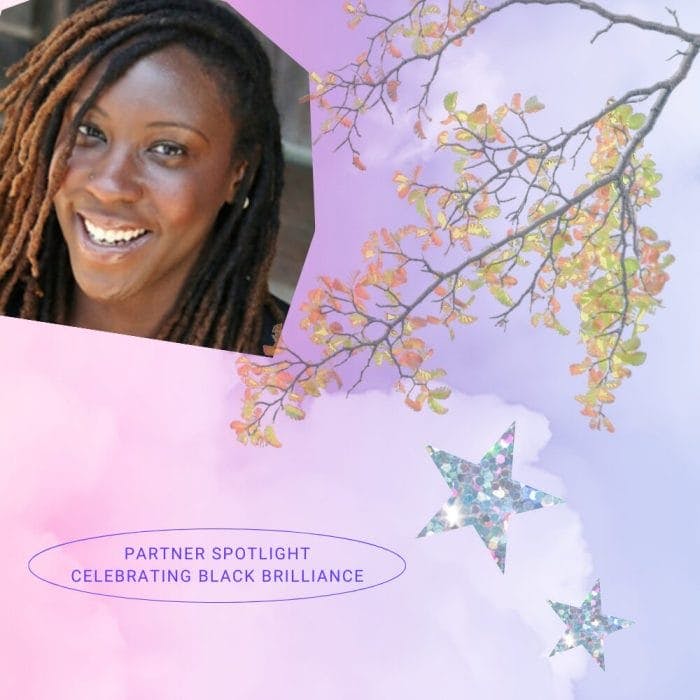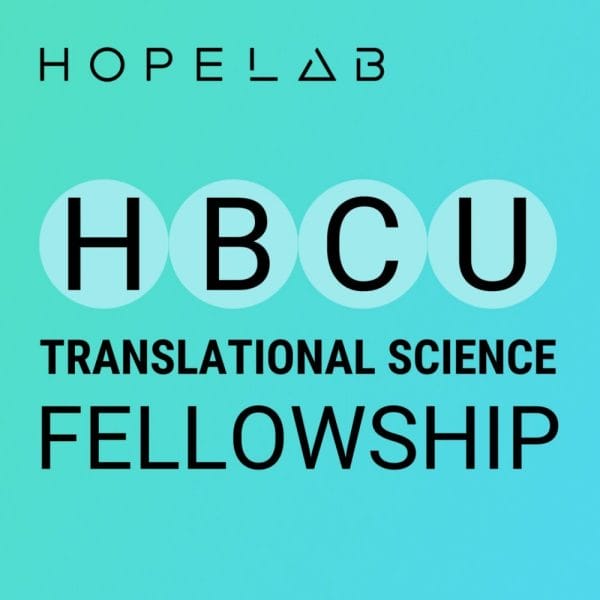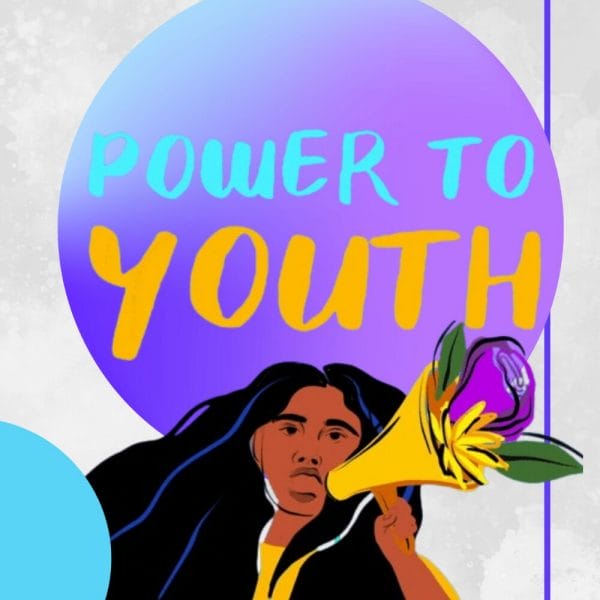In honor of Black History Month, Hopelab is uplifting insights from leaders in our community. In our latest spotlight, Dr. Charity Brown Griffin, Associate Professor of Psychological Sciences at Winston-Salem State University and Translational Science Fellow at Hopelab, uplifts the wisdom of Ella Baker, a Civil Rights activist who recognized the brilliance of Black students could be harnessed to address racial injustices, segregation, and discrimination in the South. Her legacy is an inspiration we continue to celebrate.
The following was written by Dr. Charity Brown Griffin and shared with the Hopelab staff. It has been edited for length and clarity.
I want to uplift ancestor Ella Baker – a vibrant beacon of Black pride who infused the Civil Rights Movement with a spirited rhythm of resistance and Black brilliance.

Ms Ella Baker
Ms. Baker was born in Norfolk, Virginia, on December 13, 1903. Her activism was deeply rooted in her upbringing, influenced by her grandmother, who was enslaved, and her parents, who were active in the local community. Ms. Baker’s involvement in social justice began in the 1930s when she joined the Young Negroes’ Cooperative League. She later became involved with the NAACP (National Association for the Advancement of Colored People), worked closely with Dr. Martin Luther King, Jr., and other prominent Civil Rights leaders in the 1950s, and played a crucial role in organizing the Southern Christian Leadership Conference (SCLC).
Ms. Baker believed in the power of grassroots organizing and was critical of what she perceived as the top-down leadership approach of many Civil Rights organizations. In 1960, Ms. Baker helped to establish the Student Nonviolent Coordinating Committee (SNCC), which empowered young people, particularly students, to take direct action against segregation and discrimination in the South. Ms. Baker’s approach centered on fostering leadership from within and empowering individuals to identify and address systemic injustices.

Ms Ella Baker
Her commitment to participatory democracy, grassroots organizing, and belief in the power of everyday people to effect change resonates deeply with the principles of the work that I do and that I hope others will do, too. Ms. Baker understood that marginalized communities, including youth, possess valuable insights and agency to drive their liberation.
Why? Because they are brilliant!
By engaging in participatory and community-driven research, my work aims to honor Ms. Baker’s legacy by creating spaces for young Black individuals to showcase their brilliance, contribute to meaningful change, and reclaim agency in shaping their futures. Just as Ms. Baker inspired a generation to challenge oppression and envision a more just society, my research seeks to nurture the next generation of activists, scholars, and leaders who will continue her resilience, empowerment, and Black liberation legacy.
In forever gratitude to Ancestor Ella Baker.
Dr. Charity Brown Griffin is an Associate Professor of Psychological Sciences at Winston-Salem State University. Her research program examines cultural and contextual factors contributing to positive youth development, specifically focusing on Black adolescents. Dr. Griffin is also committed to translating her research into practice, including developing culturally specific intervention and prevention programming and media content. She contributed to Hopelab’s Translational Science Fellowship in 2023 and continues to support the organization in an advisory capacity. Learn more about her work at www.charitybrowngriffin.com





